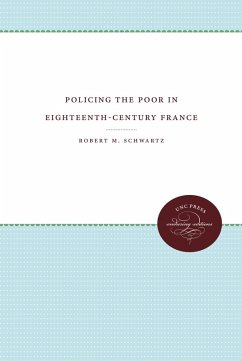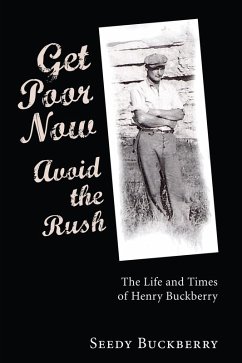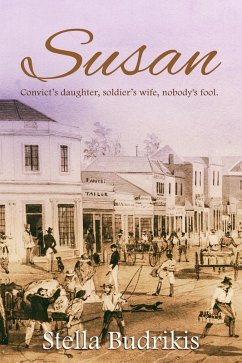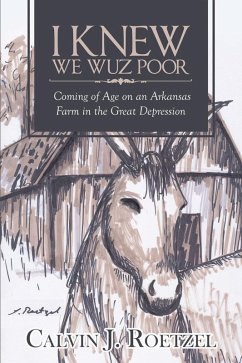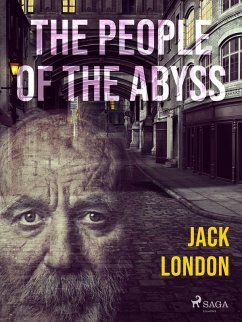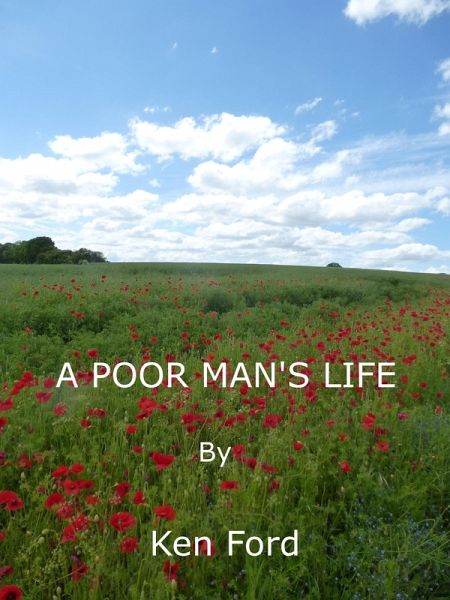
A Poor Man's Life (eBook, ePUB)

PAYBACK Punkte
0 °P sammeln!
England has been a land of rich and poor from time immemorial, with a pyramid of privilege that reaches down from the monarch to the lowest individual, each with their own station in life. The great and good always manage to leave their mark, but the poor live and die in anonymity. Throughout England's recorded history there have been many whose labouring existence marks them out as the lowest of the low, insignificant paupers whose were forced to work without due reward. Amongst these inconsequential beings were those who worked on the land - not the landowners or farmers for they have always...
England has been a land of rich and poor from time immemorial, with a pyramid of privilege that reaches down from the monarch to the lowest individual, each with their own station in life. The great and good always manage to leave their mark, but the poor live and die in anonymity. Throughout England's recorded history there have been many whose labouring existence marks them out as the lowest of the low, insignificant paupers whose were forced to work without due reward. Amongst these inconsequential beings were those who worked on the land - not the landowners or farmers for they have always been well provided, no, the least regarded man in the countryside was the agricultural labourer. One of those poor men of history was Richard Ford. He lived in the time of Victoria and spent almost all his life in the quiet English village of Warnford along the Meon Valley in southern Hampshire. Like those millions before him in the nineteenth century, and indeed after him, he lived and died in obscurity. No memorial marks his resting place, save a slight depression in a country churchyard. Richard Ford was, however, a poor man of some significance, for he left a tangible legacy of his existence. But by a fortuitous twist of fate, there exists a record of an interview with him taken by government inspectors who were investigating the life of the poor in 1837. My research has found that Richard Ford did not remain completely anonymous to history. He left some small smudge of his existence in an obscure administration document filed in the records of the Houses of Parliament. But to me Richard Ford was a special man, for he was my great-great grandfather. Without his four-score and seven years of poverty in this world, I would not be here
Dieser Download kann aus rechtlichen Gründen nur mit Rechnungsadresse in A, B, CY, CZ, D, DK, EW, E, FIN, F, GR, H, IRL, I, LT, L, LR, M, NL, PL, P, R, S, SLO, SK ausgeliefert werden.




